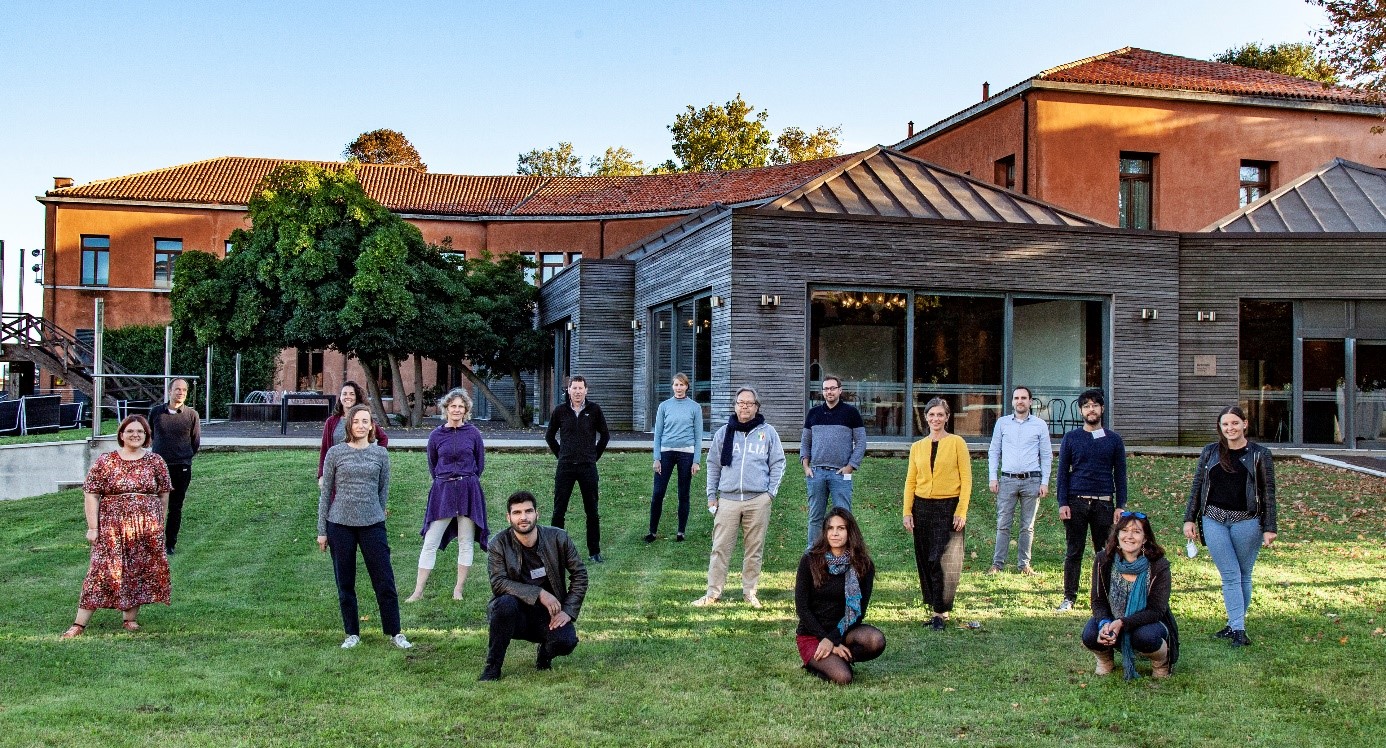The MUHAI project introduces meaning and understanding in artificial intelligence

date: 27/11/2020
Human-centric artificial intelligence (AI) aspires to empower rather than replace humans, which implies that it should be able to explain and defend how it reached decisions, can take advice from humans, and is compatible with the ethical and moral standards that we expect from agents in our society.
Human-centric AI contrasts with the data-centric AI approach that is now engulfing industry and society. Data-centric AI uses big data and statistical machine learning to make decisions by exploiting statistical patterns. These patterns are often coded in ways, which are inaccessible to humans, including the developers of these systems. They make the promise to overpower humans and to make us superfluous, raising many ethical and legal questions.
The MUHAI project is based on the idea that in order to be human-centric, AI must learn how to cope with meaning and understanding.
“Meanings are distinctions (categories) that are relevant for prediction, classification, communication, problem solving or other mental tasks. The meanings of an experience include what events, actors and entities play a role, the temporal, spatial and causal relations between events, intentions and motivations of the actors, and values that implicitly underlie their behaviour. Understanding is the process of reconstructing these meanings and organizing them in terms of a coherent narrative that explains a new experience by linking it into a Personal Dynamic Memory,” specifies further the research team in the project proposal.
The new approach will be tested in cases that require use of common sense about every day activities such as cooking and an understanding of social phenomena. The project relies on many existing techniques of AI ranging from deep learning networks to knowledge graphs, but will push their boundaries and develop new techniques all operating in the service of giving AI systems a better grip on meaning and thus on explanation and other key issues for achieving human-centric AI.
The outcome of MUHAI is twofold. It will push the state of the art in cognitive home robotics, particularly for food production and the management of food resources, and it will provide tools for social scientists to better understand social phenomena, as for example the persistence of inequality in our society.
The project is coordinated at University of Bremen (Germany). Among other participators are high-profiled research and scientific institutions from Belgium, France, Italy and the Netherlands. The MUHAI project has started in October 2020 and will finish 48 months later.
Background information
FET-Open and FET Proactive are now part of the Enhanced European Innovation Council (EIC) Pilot (specifically the Pathfinder), the new home for deep-tech research and innovation in Horizon 2020, the EU funding programme for research and innovation.
